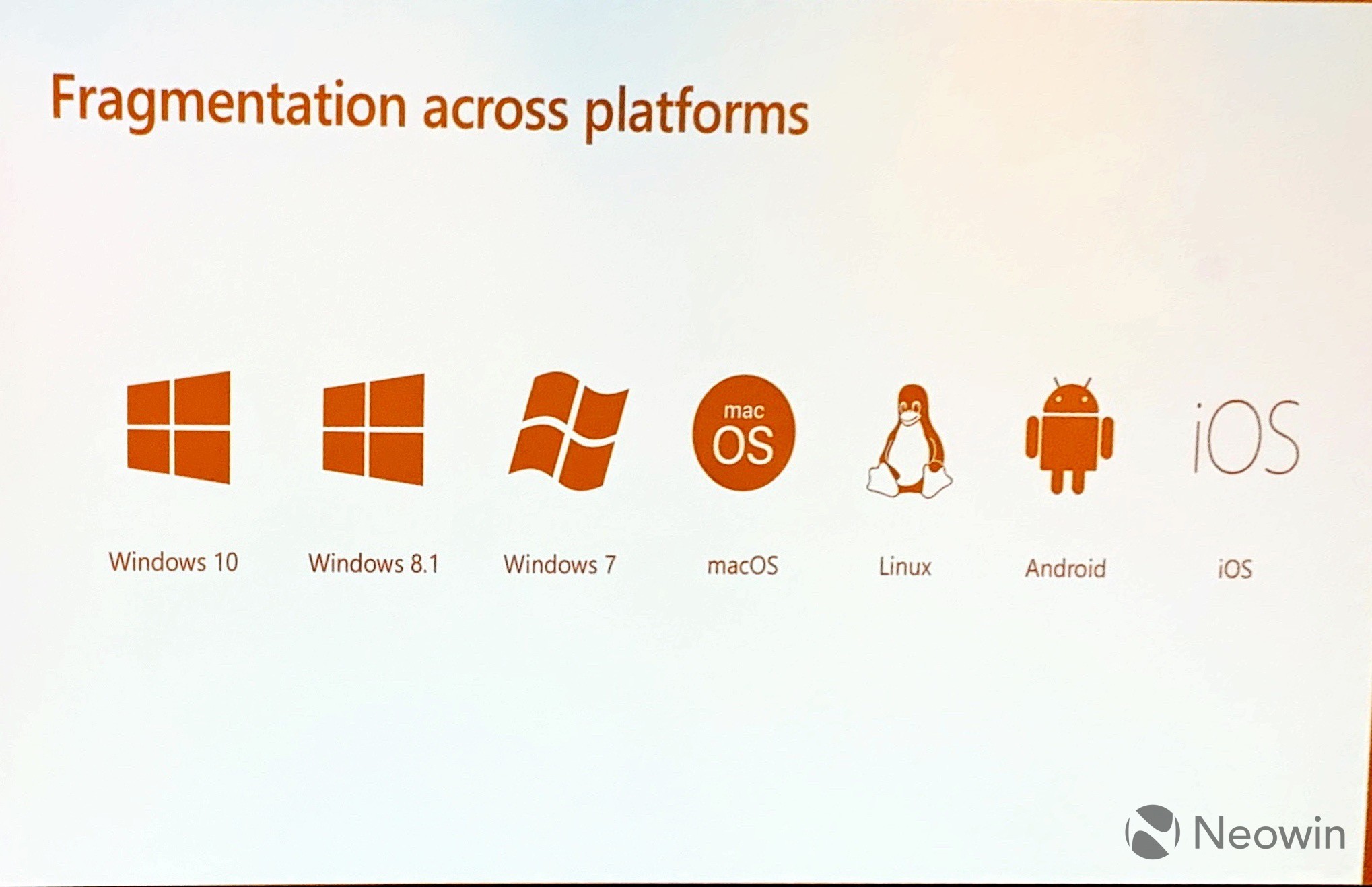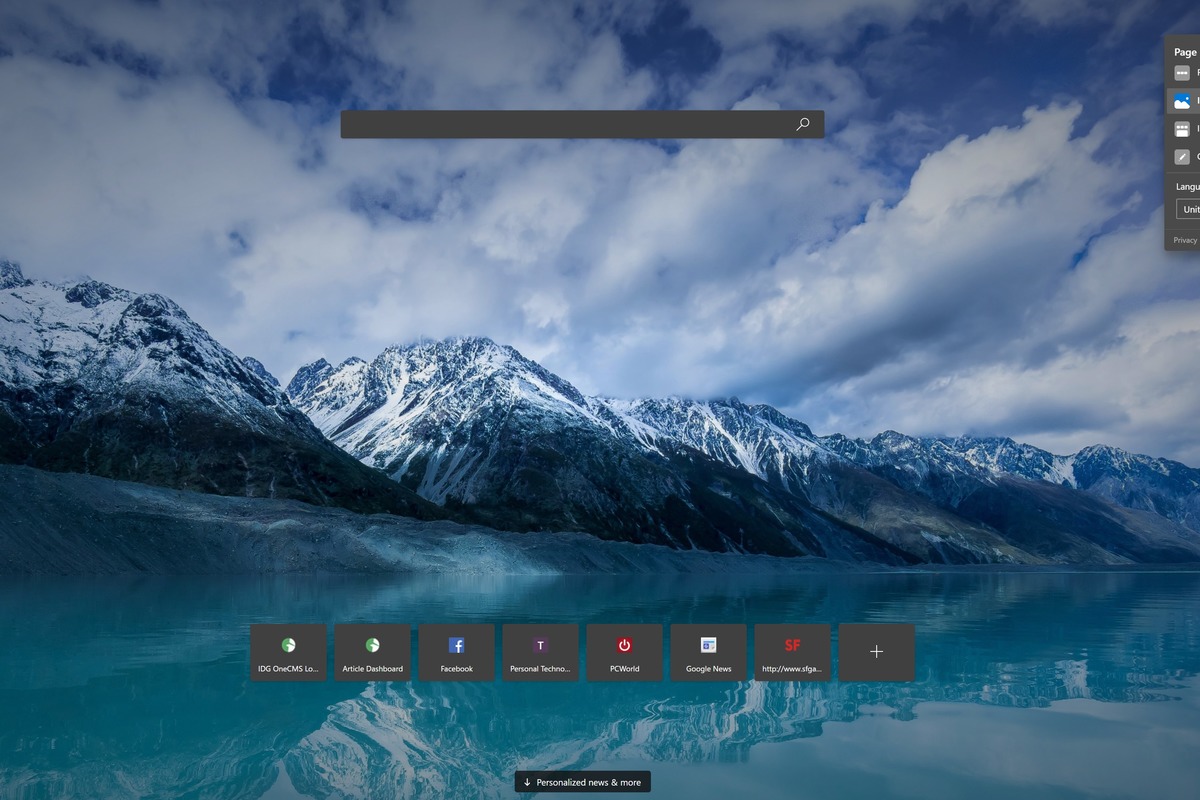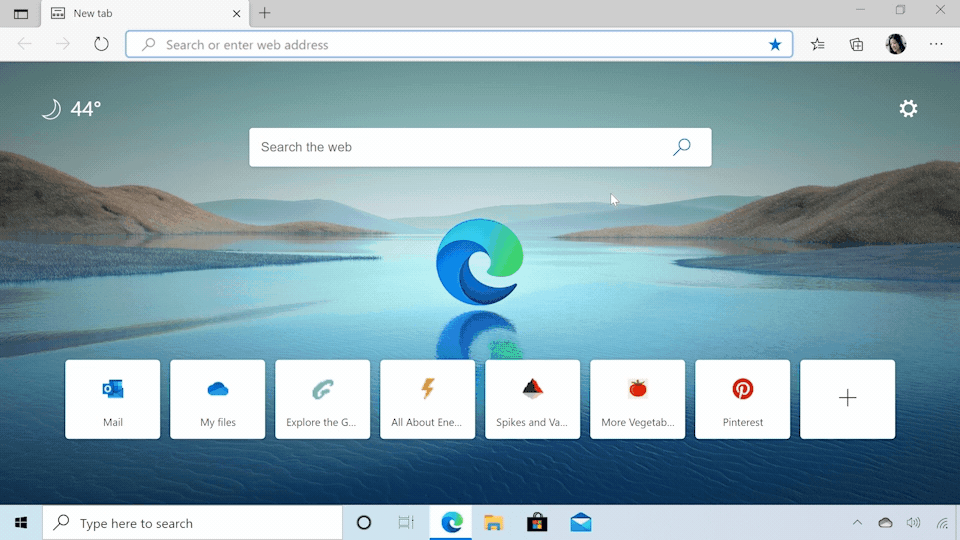MICROSOFT SOFTWARE SUPPLEMENTAL LICENSE AGREEMENT MICROSOFT EDGE PLEASE NOTE: Refer to your license terms for Microsoft Edge software (the “software”) to identify the entity licensing this supplement to you and for support information. You may use a copy of this supplement with each validly licensed copy of the software. Google Chrome is a cross-platform internet browser that can be used on Microsoft Windows, Linux, macOS, and Android devices. In addition to security patches, the new releases of Google Chrome always come with some extra features such as allowing users to preview webpages before opening them.
By Max Schmitt, Published on 7/3/2020
Introduction
Testing a web application with end-to-end tests on the actually supported browsers is a real benefit to ensure that the application works as expected for example directly in the Continuous Integration workflow before it is merged and deployed. Playwright provides already full support for Chromium, Firefox, and WebKit out of the box without installing the browsers manually, but since most of the users out there use Google Chrome or Microsoft Edge instead of the Open Source Chromium variant, it's in some scenarios safer to use them to emulate a more real-life browser environment.


Microsoft Edge Chromium Ubuntu Version
General
Since these browsers are based on the Chromium browser, Playwright interacts with them over the Chrome DevTools Protocol to open new tabs, click on elements or execute JavaScript. Due to this core requirement, we have to use a recent version (daily build - Canary) of them to ensure that the needed APIs schemas are matching and existing. To use them we have to only adjust the executable path option which Playwright will use to launch the browsers.
On macOS systems, the browsers are installed in the /Applications directory, where you have inside the related binaries. For Linux, the browsers are commonly installed in the /usr/bin directory, you'll find some examples below. On Windows systems, the browsers are installed in the C:Program Files (x86) directory.
/Applications/Microsoft Edge Canary.app/Contents/MacOS/Microsoft Edge Canary- Microsoft Edge Canary on macOS/Applications/Google Chrome Canary.app/Contents/MacOS/Google Chrome Canary- Google Chrome Canary on macOS/usr/bin/google-chrome-unstable- Google Chrome Canary on UbuntuC:Users<username>AppDataLocalGoogleChrome SxSApplicationchrome.exe- Google Chrome Canary on Windows/Applications/Brave Browser Nightly.app/Contents/MacOS/Brave Browser Nightly- Brave Nightly on macOS
Note: To easier find out the executable path of the browsers, you can open the version page of the related browser. This would be edge://version, chrome://version or brave://version depending your browser. On this special site, you'll find the correct executable path if you have a GUI installed.
Browsers
Evernote plus cost. In the next couple of examples, we're gonna focus on the different browsers, which operating systems they support, where you can download them, and what executable path you need to set. This example demonstrates the basic usage by specifying the executablePath which launches Microsoft Edge instead of the normal Chromium. Also, we're using the playwright-core package, which only installs the library instead of downloading the browsers which we don't need in our case.
Google Chrome

Google Chrome is available for all the major operating systems and can be downloaded on the official website. To use Playwright, we need a recent Canary build. For Linux, it is common to install it via their APT repository, see e.g. this guide also keep in mind then to install the Canary variant: apt install google-chrome-unstable
Microsoft Edge
Microsoft Edge is only available for macOS and Windows and can be downloaded on the official website. Until now (Mid 2020) no Linux build was released. (It was announced in 2019 and confirmed the existence in Mid 2020 on their yearly Microsoft Build 2020 conference.) To use Playwright, we need a recent Canary build.
Brave
Brave itself does not rely on the official Chromium release schedule, that's why their latest versions are not the same as Chromium. Because of that it's not guaranteed, that all Playwright functionality is working out of the box. If you want to still try it out, you can obtain their Nightly version on their official website.
Other Chromium browsers
Other popular Chromium-based browsers like Vivaldi and Opera are not yet working which is tracked in this GitHub issue. For Firefox and WebKit, you have to use the attached
Summary
In this blog article, we went through an overview of how to use other Chromium-based browsers and control them with the Playwright library. We strongly advise, that these browsers will only be used when you need to test a very specific browser feature. For follow up usage and documentation about Playwright features, you'll find more on their official website playwright.dev.
Microsoft Edge is coming to Linux desktops, it has been confirmed.
News that a Linux port of the Chromium-based Edge browser won’t be a massive surprise to Linux users given that Microsoft developers have teased the possibility several times before.
Microsoft has gone from describing Edge for Linux as “something we’d like to do” to something that said would happen “eventually”. They then launched a survey to scope out feedback on the idea from existing Linux users.

Chromium Microsoft Edge Browser
And now: Edge for Linux is official.
Announced during its “State of the Browser” session (around the 8min 24 mark) at the Ignite conference in Orlando, USA, Microsoft say Edge for Linux will be released sometime in 2020.
Precisely when? Well, that’s as-yet unknown. Edge for macOS and Windows 10 went stable on January 15th, 2020 but the official Edge development website lists the Linux port as “coming soon”.
That said, it may be closer than you think. Microsoft Edge for Linux was spotted during May’s Build 2020 event.
When Microsoft announced it was rebuilding its Edge browser on top of Chromium the chance of a native Linux port increased substantially, due to the cross-platform nature of the codebase it now uses.
A crop of Chromium based web browsers already support Linux, including Google Chrome, Vivaldi, Opera, Yandex (Russia) and SRWare Iron. Python ubuntu docker.
But Microsoft isn’t just taking Chromium and slapping a new logo on it; it’s also getting involved. Microsoft Edge is an active and contributing member to the Chromium open source project (ergo work done for Edge can, in turn, benefit other browsers, including ones you might want to use).
We’ll be keeping our eyes fixed on the Edge Canary and Dev channels for any sign of a Linux build and, naturally, give you a heads the moment it’s available for testing.
But the big question is: will you use it?
- (via: Neowin)




